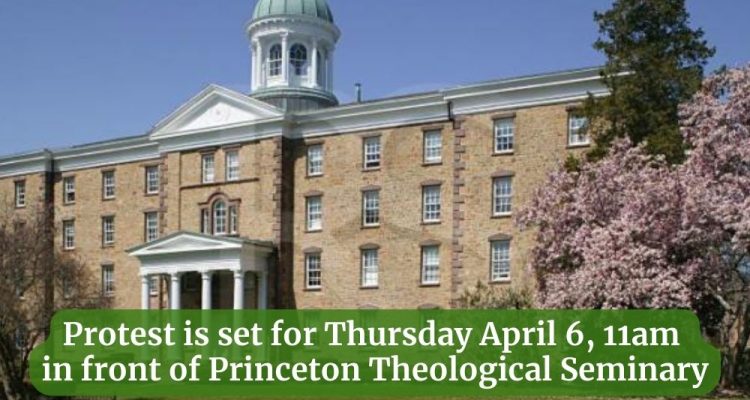Prison profiteering is a serious justice issue occurring in the United States. Anywhere from commissary items, clothes, phone calls, and even housing has become a multi-billion-dollar industry. Incarcerated people and their families are literally a captive market that private companies — with the collusion of the facilities — are all too eager to exploit. As a person of faith, it is time to bring these practices to light. It isn’t the incarcerated people who are paying the cost of these agreements, but their families, who are primarily poor women of color. Prison profiteering costs families $3 billion a year in the U.S. (https://www.whopaysreport.org/media)
The cost of everyday communication is arguably the worst price-gouging that people behind bars and their loved ones face. Why? Because prisons and jails profit by granting monopoly telephone contracts to the company that will charge families the most. According to the ACLU: “This price-gouging phone company profits off love, charging prisoners up to $17 for a 15-minute phone call.” (https://www.aclu.org/issues/smart-justice/meet-prison-profiteers)
Incarcerated people and their families often have to pay $1/minute or more for a phone call. Why? Because prisons and jails profit by granting monopoly telephone contracts to the company that will charge families the most.
Recently, it was discovered that the largest prison phone company Global Tel Link has rebranded itself as ViaPath. And the individual who is the head of ViaPath is a man named Michael Fisch – who currently sits on the board of Princeton Theological Seminary. As a person who was formerly incarcerated, this became a personal issue for me as Princeton Seminary is my alma mater. I have served 12 years in NJ state prisons and graduating from Princeton Seminary afforded me the opportunity to become a Lutheran pastor in the ELCA. Over 300 alums signed a petition to ask for the removal of Michael Fisch as we have faith that the Seminary can and must do better. (https://www.nj.com/education/2023/03/princeton-seminary-students-and-alums-demand-ouster-of-chair-over-ties-to-prison-profits.html)
As I stated, Princeton Seminary is my alma mater. I love this institution. The Seminary afforded me a chance to obtain a Masters in Divinity when no other institution would. Having Mr. Fisch on the board is antithetical to their own teachings that educate folks “who wish to lead social change toward justice”. (https://www.ptsem.edu/news/princeton-theological-seminary-launches-new-mat-program-focusing-on-justice-and-public-life)
What I ask is that the Seminary reflect the values that they stated in the Slavery Audit that they produced (https://slavery.ptsem.edu/the-report/reflections/) as prisons are a form of modern day slavery. The questions I have for Princeton Seminary is that do they care for incarcerated people as though we were in prison with them? (Hebrews 13:3). Do they realize that incarceration doesn’t merely affect the people found guilty? Spouses and children suffer directly from prison profiteering. So can entire communities and neighborhoods.
The first part of Ezekiel 18:20 describes how we often treat prisoners: “The person who sins shall die.” But we often neglect the next part of that verse: “a child shall not suffer for the iniquity of a parent, nor a parent suffer for the iniquity of a child.”
There are goals of our system of government that create barriers to the goals of God’s kingdom (see the Beatitudes).
I realize that we who stand up for justice face risks when pressing for God’s justice and right treatment for all. However, on one of the holiest weeks of the year, we will be protesting in solidarity with the millions incarcerated at Princeton Seminary. The call to action will be on Maundy Thursday, April 6th at 11AM. And our voice will be “people over profit”.
Jesus was victim to an unjust criminal justice system. We like to remember the Jesus who performed miracles. Let us remember the Jesus who was executed for alleged crimes against the Roman empire. Let us pray on how to love people with strange experiences different than our own. Let us pray about ways to address prison profiteering and act upon them. – Reverend Erich Kussman

